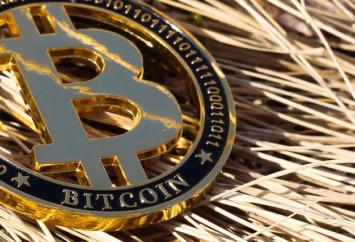XRP – In the ever-evolving world of cryptocurrency, XRP has consistently stood out as one of the most discussed digital assets. Developed by Ripple Labs, XRP aims to revolutionize global transactions by providing fast, low-cost, and scalable solutions for cross-border payments. But what makes XRP different from other cryptocurrencies like Bitcoin and Ethereum?
What is XRP?
XRP is a digital asset designed primarily to facilitate seamless transactions across international borders. Unlike Bitcoin, which operates as a decentralized currency, XRP functions as a bridge currency that enables financial institutions to transfer funds quickly and efficiently. RippleNet, the network that supports XRP, allows banks and payment providers to send money with minimal fees and near-instant settlement times.
How Does XRP Work?
Unlike Bitcoin’s Proof-of-Work (PoW) mechanism, XRP uses a consensus algorithm that validates transactions through a group of trusted nodes. This method ensures that transactions are processed in mere seconds, making it one of the fastest digital currencies available. Additionally, XRP’s design prevents excessive energy consumption, making it a more environmentally friendly option compared to Bitcoin mining.
Advantages of XRP
- Speed – Transactions settle in 3–5 seconds, compared to Bitcoin’s 10 minutes or Ethereum’s 15 seconds.
- Low Fees – Transaction costs are a fraction of a cent, making it ideal for cross-border payments.
- Scalability – XRP can handle 1,500 transactions per second (TPS), making it more efficient than many other cryptocurrencies.
- Adoption by Banks – Ripple has formed partnerships with hundreds of financial institutions worldwide, enhancing XRP’s credibility.
Is XRP a Good Investment?
XRP has faced regulatory challenges, particularly in the SEC lawsuit against Ripple Labs, which has impacted its price volatility. However, many investors believe in XRP’s long-term potential, especially if global adoption of Ripple’s payment technology continues to grow.
The Future of XRP
With financial institutions seeking faster and cheaper ways to transfer money, XRP could play a significant role in the future of international transactions. If Ripple continues to expand its network and resolve legal issues, XRP may become a dominant force in global finance.
Final Thoughts
Whether you’re an investor, trader, or just curious about the world of cryptocurrency, XRP remains a project to watch. Its unique features, partnerships, and technological advancements position it as a promising contender in the crypto space.
Do you think XRP will dominate the future of cross-border payments? Share your thoughts in the comments!




